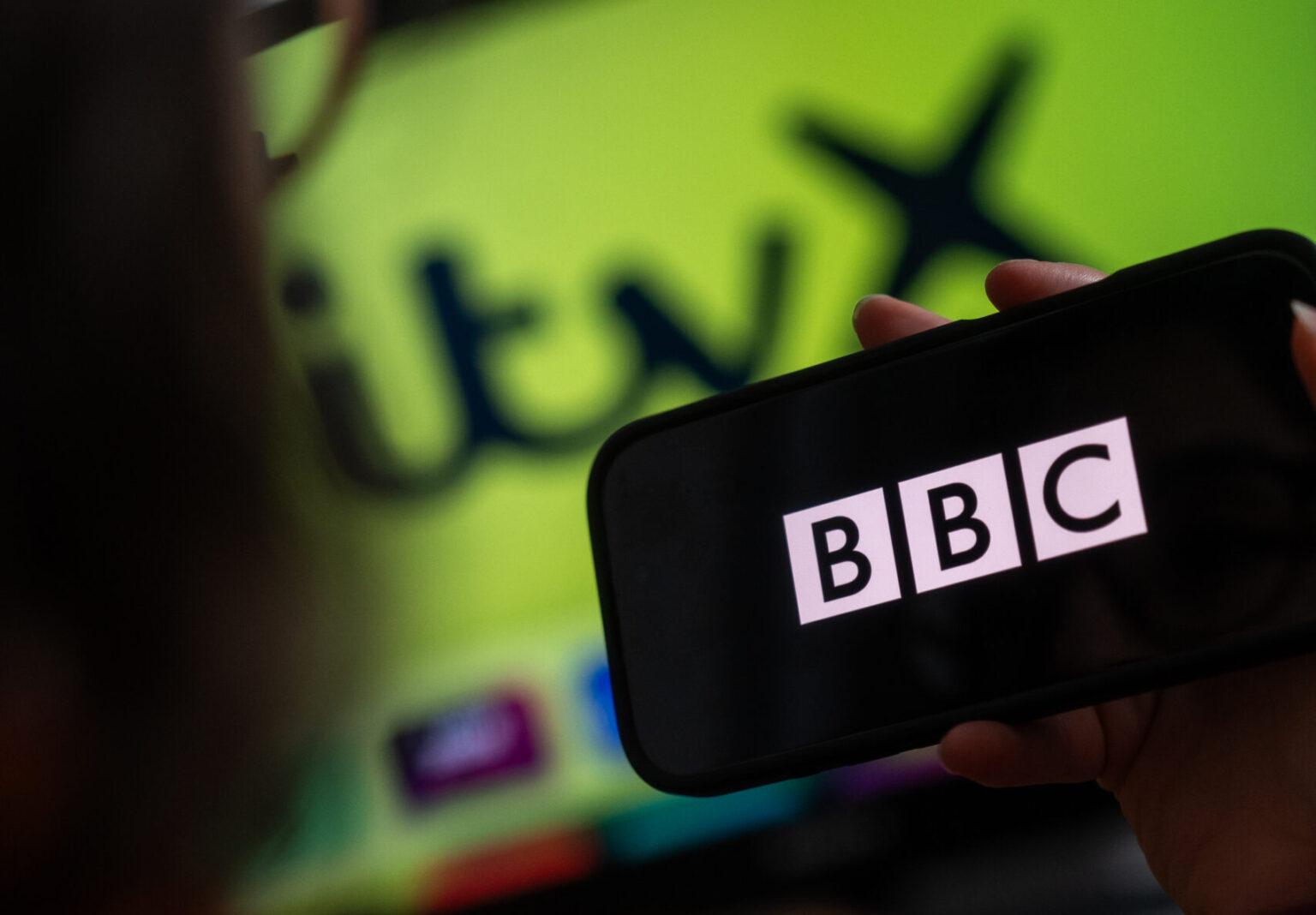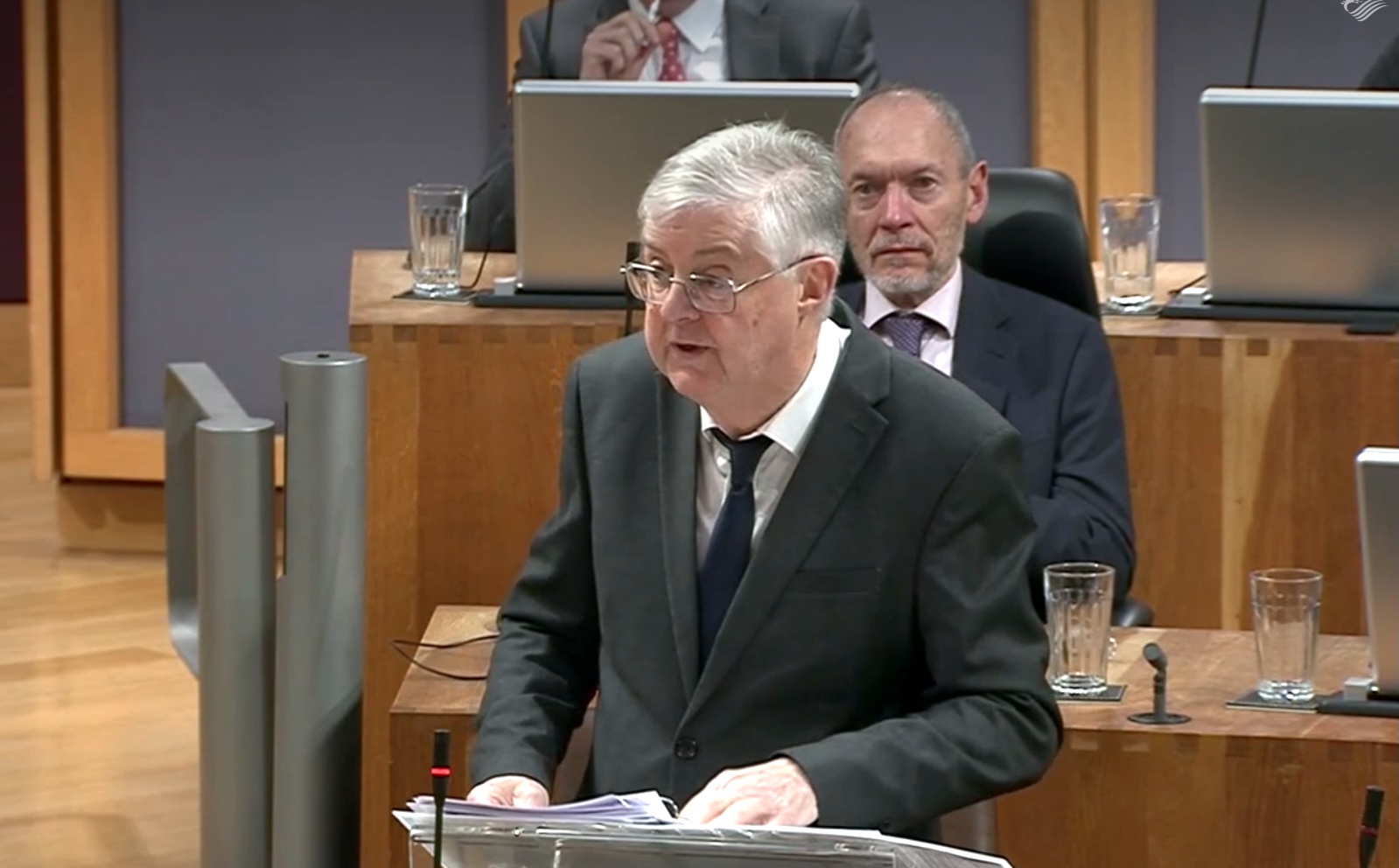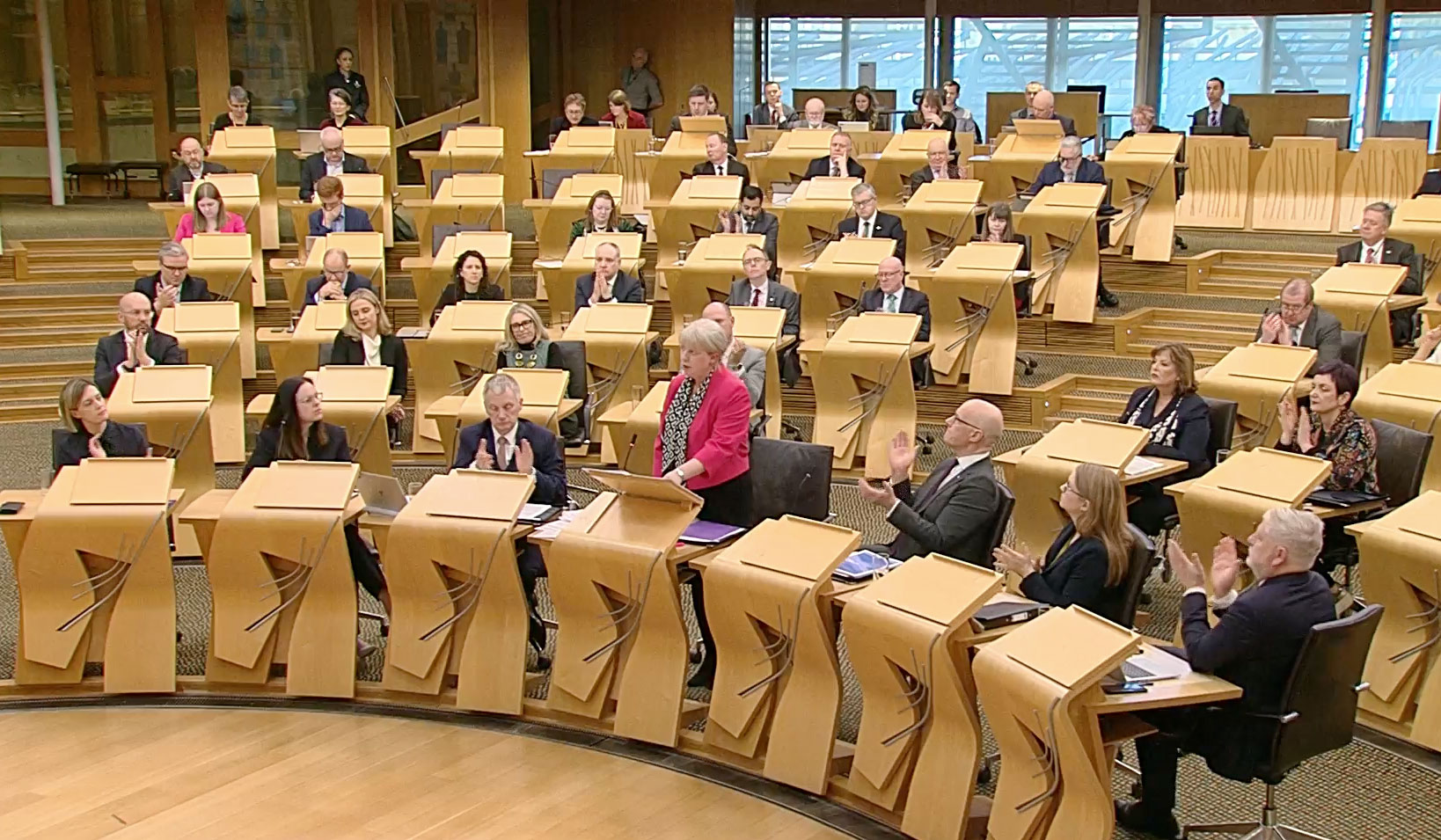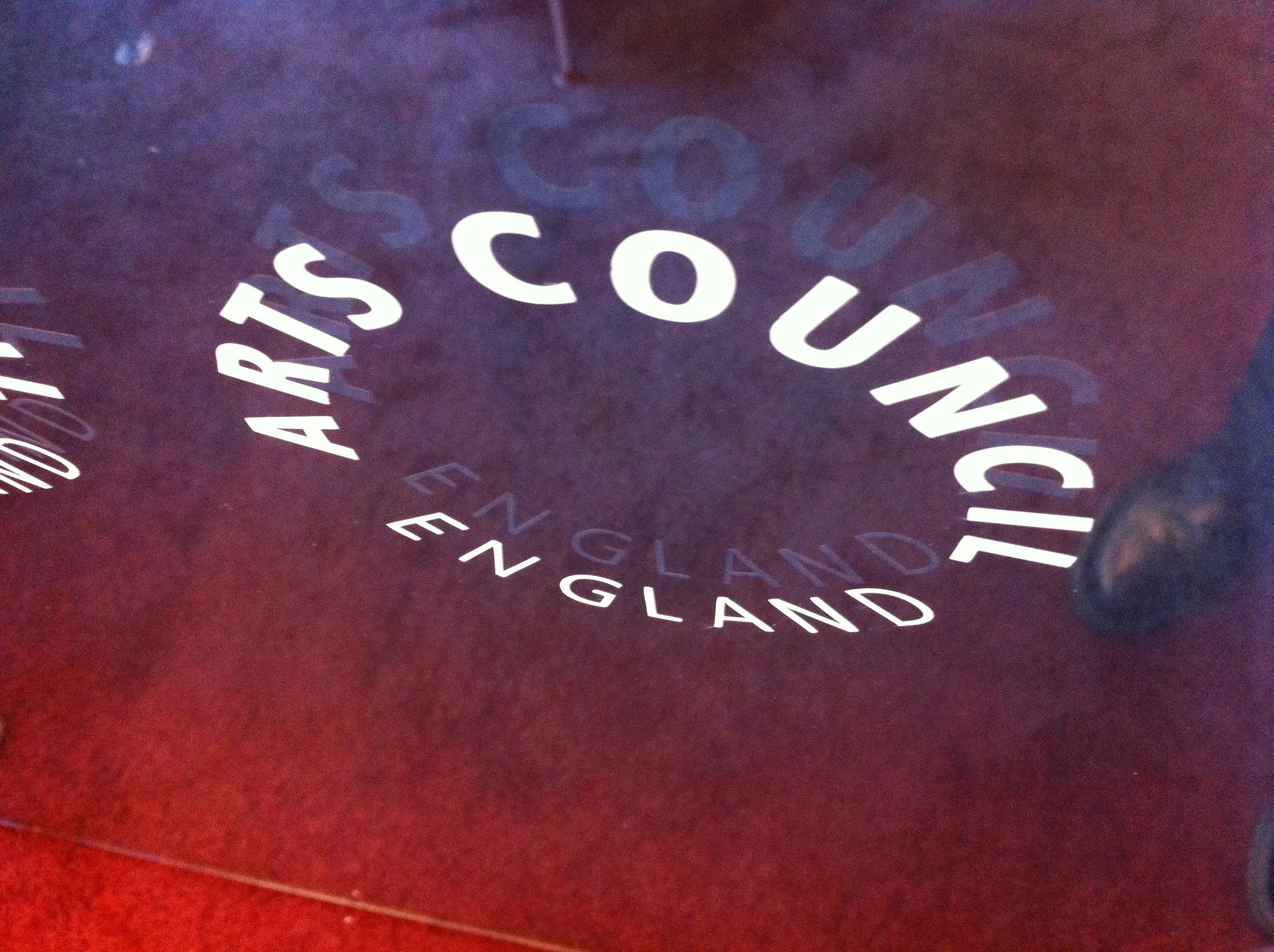Arts programmes are among those at risk of being less available, prominent and discoverable on the streaming platforms of the UK’s public service broadcasters (PSBs), according to important new research by the University of Leeds and International Broadcasting Trust.
The Behind the Screen report, launched in Parliament on 21 July, monitored the catalogues and recommendation patterns of BBC iPlayer, ITVX, Channel 4 and Channel 5 between January and May 2025 to study how the shift in public service media from universal television channels to personalised streaming platforms is affecting the genres of the arts, international coverage and religion and belief.
The Campaign for the Arts supported researchers in defining and identifying arts programmes on the streaming platforms, and in interpreting the findings and their implications.
Jack Gamble, Director of the Campaign for the Arts, said:
“People’s lives are enriched, and sometimes transformed, by arts programmes from the UK’s PSBs. They can inspire someone to pick up an instrument, paintbrush or book for the first time. They can make someone feel connected to an event happening in a theatre, or a field, many miles from home. They can offer a whole new way of seeing the world, other people, or oneself represented.
Broadcast Video on Demand (BVoD) services have immense power to improve access to these benefits, and it follows that this could be a golden age for public service media. Yet this report reveals significant challenges to realising that promise – in PSBs’ current BVoD practices, and our means of understanding and engaging with them.
The BBC is showing by far the biggest commitment to arts programmes on BVoD services of any public service broadcaster. Only iPlayer offers choices in a wide variety of art forms including ballet, opera, visual art and classical music. Its arts programmes are more numerous, prominent and easily findable.
For arts programmes to be relatively so much rarer, less diverse, less prominent and less discoverable on the other platforms raises questions about what more these PSBs could do to ensure a strong arts strand, and the extent to which the BBC’s markedly better performance may be due to its distinct funding model.
It is a great strength of the UK media ecology that we have a range of PSBs which all recognise the importance of arts programmes to their public service remit. Following this report, we urge all of them to review their BVoD strategies to ensure they fully reflect this commitment and actively contribute to more arts programmes being placed, discovered and viewed. We also urge them to make data more openly available, so that the important work of evaluating and strengthening PSM performance can continue, fit for the opportunities, challenges and viewing habits of 2025.”



